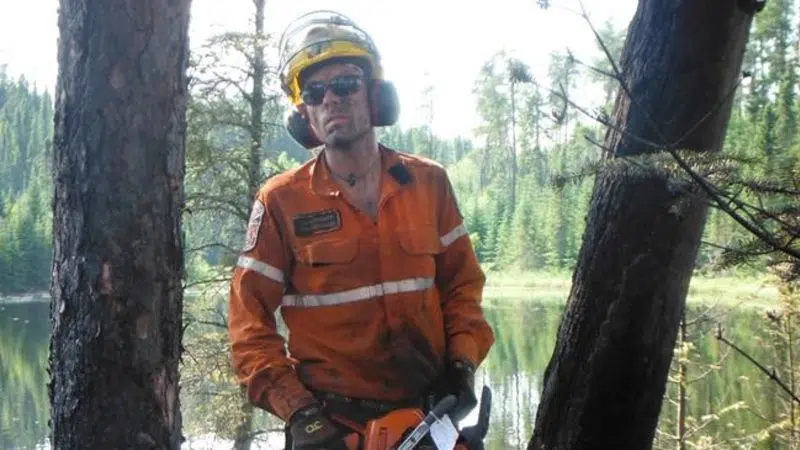
Is the right to vegan food a human right? Ontario firefighter argues that it is
An Ontario firefighter alleges his human rights were violated when he was not provided sufficient vegan food while battling a massive blaze in British Columbia.
Adam Knauff has filed a complaint with the Human Rights Tribunal of Ontario against his employer, the Ministry of Natural Resources and Forestry, over his treatment and subsequent suspension while fighting a fire near William’s Lake, B.C., in 2017.
“The Ontario Ministry of Natural Resources and Forestry discriminated against me and failed to accommodate my sincerely held ethical beliefs (creed) when it failed to provide me with food that accommodated my personal commitment to ethical veganism, and then disciplined me and suspended me because I attempted to assert my right to accommodation of that sincerely held ethical belief,” he wrote in his application to the tribunal.


